While selecting outdoor ceramic and porcelain tiles might be thrilling, it also requires careful preparation of different aspects like materials, cheap or expensive, and where to use them to guarantee that you get them correctly the first time.
An outdoor floor or wall coverings may make or break it, and making the incorrect choice can be expensive to fix. When looking around for tiles, the chance to save money might be quite alluring. It’s always hard to resist anything that seems to be a deal.
However, cheap products are often such because they typically don’t live up to expectations. This is especially true with tiles; purchasing cheap stone tiles often results in poorer “commercial quality” tiles.
People often wind-up spending twice since they have to replace the whole lot too soon. There’s no reason why you can’t locate some excellent quality tiles at a reasonable price;
after all, it’s always fantastic to get a bargain. However, there is a huge difference between making a little financial sacrifice and paying dirt cheap for inferior goods. At Stone Superstore, we promise that you won’t find a better deal on anything.

We don’t pass off “premium” goods as being of commercial grade. In order to really understand the distinction between genuine premium grade and subpar ”
commercial grade” tiles, we welcome ALL consumers to visit our warehouse to see the tiles we currently have in store for themselves. After that, we invite them to visit our competitors and do the same.
Unfortunately, as a client, you won’t always be able to see the “stock” of another provider since some of our rivals (who claim to be direct importers) don’t keep any inventory and instead purchase everything in the UK from specialized “commercial grade” wholesale suppliers.
They can only keep their pricing that way. The only company that has complete control over the quality of the goods they offer is a direct importer.
Understand your ratings: Not all tiles are appropriate for all uses, and as you would anticipate, more durable tiles are often more costly.
Consequently, choosing a less expensive tile might indicate that you are getting something that is unsuitable for the intended use.

Any reputable shop should be able to explain to you if the tile you wish to purchase is appropriate for your needs. Rogue merchants may attempt to persuade you that purchasing less expensive tiles from them would perform similarly well.
Avoid purchasing tiles that won’t serve your needs. Instead, then selling you something we don’t believe is appropriate for the application, we’d prefer to lose the deal.
In the end, if a client decides to go their own way and ignore our advice, we will accept that decision. Porcelain vs. ceramic:
Ceramics and porcelain are very different materials. Porcelain tiles tend to be more expensive than ceramic tiles. Even though they may seem to be similar, they won’t be as strong and, if used improperly, may be destroyed very rapidly.
Ceramic tiles lack the same scratch-resistant surface as porcelain tiles and are substantially weaker overall. Ceramics come in a variety of ratings, making it quite difficult to decide which ones are appropriate.
The Porcelain Enamel Institute developed the industry grading system shown below, which outlines the appropriate uses:
PEI rating: Class 1: suggested for wall usage only; no foot traffic. Class 2: appropriate for bathroom floors and walls with mild traffic. Class 3 materials are appropriate for counters, walls, and other locations with mild to moderate foot activity.
Class 4: suitable for all domestic uses, as well as light institutional or medium commercial applications; moderate to high traffic.

Class 5: suited for large institutional and commercial applications as well as heavy domestic usage; heavy to extra-high traffic.
Due to its inherent strength, which places it in Class 5 and qualifies it for all uses, porcelain typically does not have a PEI rating. As seen by the ratings above, less expensive ceramic tiles are more likely to fall at the lower end of the PEI range, making them unsuitable for a variety of applications.
Stone and porcelain tiles are far better options in the long run since they are inherently stronger. Be wary of inexpensive glazes.
No matter how high the tile quality, a chipped surface that reveals a contrasting color below may wreak havoc on the whole design.
Because stone tiles are uniform in color throughout, if the naturally hard surface were to chip or scratch, it would be far less obvious because the same color would be on display. Most porcelain tiles are produced using a color known as a “full-body.”
As a result, they provide some additional protection in case of damage or chipping since the surface and below is the same color. Ceramic tiles first seem lovely, but be careful because if they are damaged, they may look terrible.
Ceramic tiles are often glazed; typically, this process entailed baking a liquid glass onto the surface. The variety of colors may be striking, but if they are chipped, the surface’s contrast with the tile underneath can be shocking.
Ceramics often have a “red body” or “white body,” so unless your tiles are exactly the same color as the body, a scratch or chip will appear as a red or white mark. Because of this, glazes are often best avoided unless you’re absolutely positive that the chance of chipping or damage is very low.

If your bathroom walls or kitchen floor take a bump, they won’t seem beaten up and worn out since natural stone or full-body porcelain tiles provide a better-quality surface.
Whether you are replacing a kitchen floor or tiling a bathroom, there will be a lot of disruption while the job is being done.
A cheap tile won’t last very long, so don’t take the chance of having to pay again and deal with all the difficulty and grief just to save a few pounds.
Make sure you are purchasing the appropriate item for the intended use and do thorough research. If you want to talk about your needs and view what you will be receiving in our warehouse in person.
It’s important to think about delivery time and how the tiles will be supplied after you’ve chosen the best tiles for the area and the appropriate number required.
If you purchase a lot, they will probably come on a pallet, which, if a big hard surface driveway is not available, usually means curbside delivery.
Once your order arrives, make sure all of your tiles are there and in excellent shape. Please keep in mind that natural stones may have some differences in color, tone, and natural character, which is what makes them so.
lovely and unique to each project. For a homogeneous effect throughout the whole surface, it is advised that you shuffle tiles from various boxes.
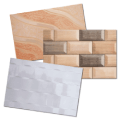
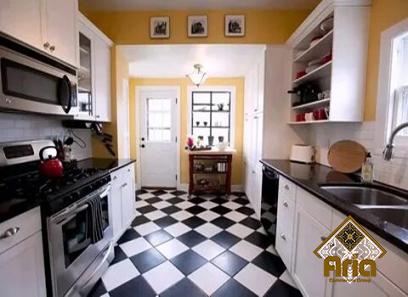
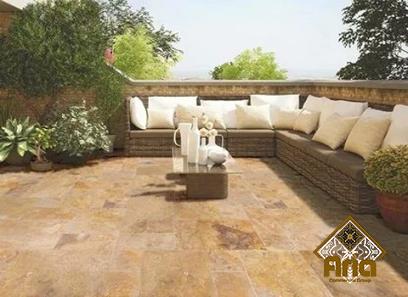
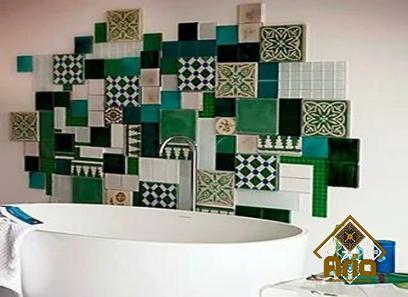
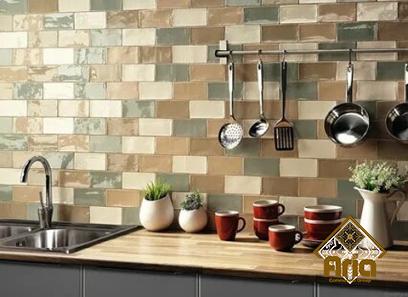
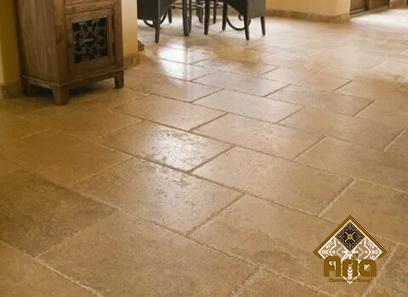
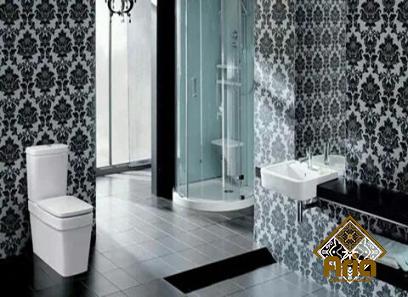
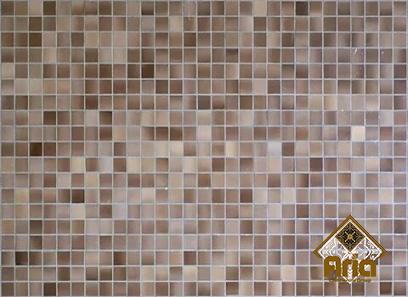
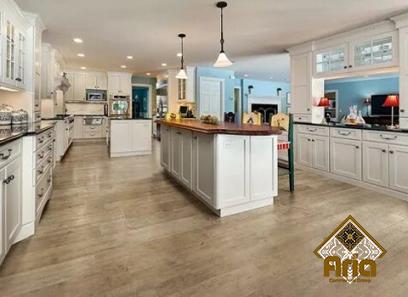

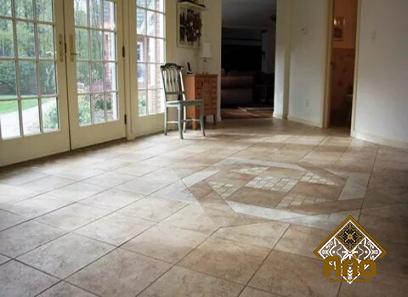
Your comment submitted.